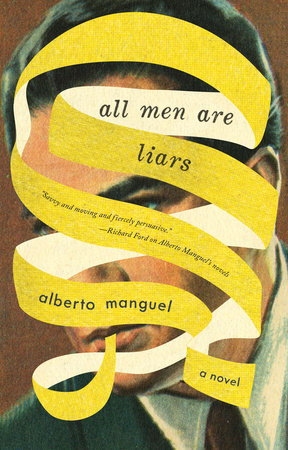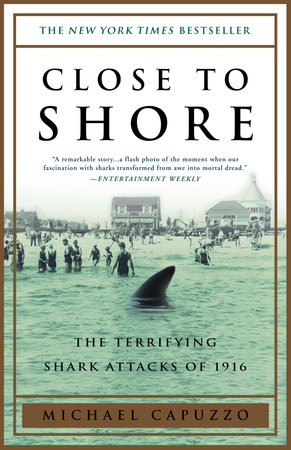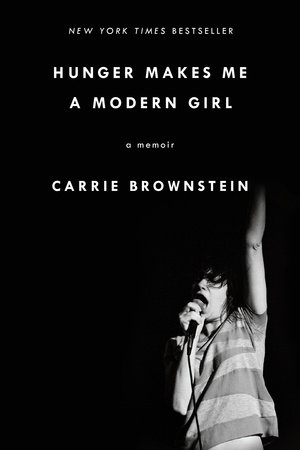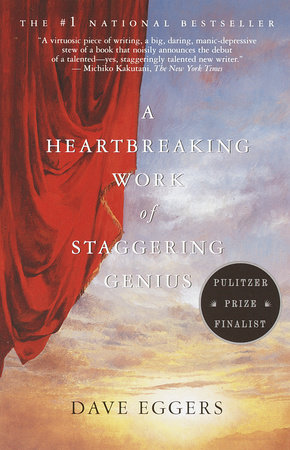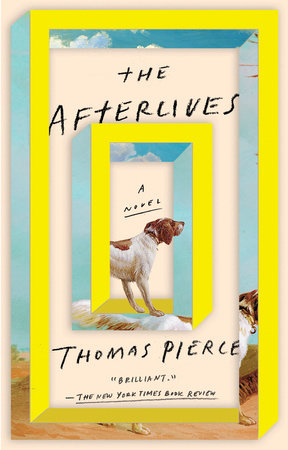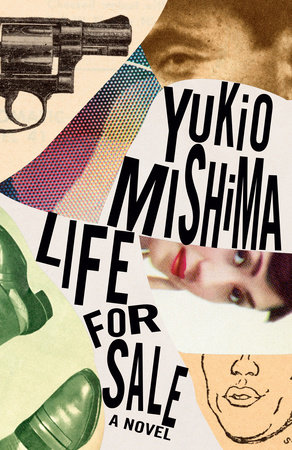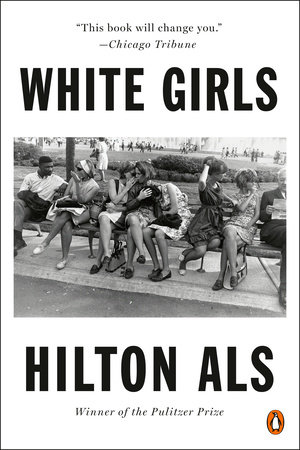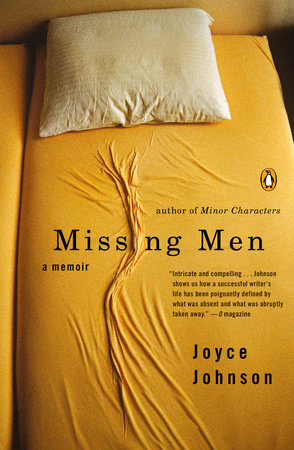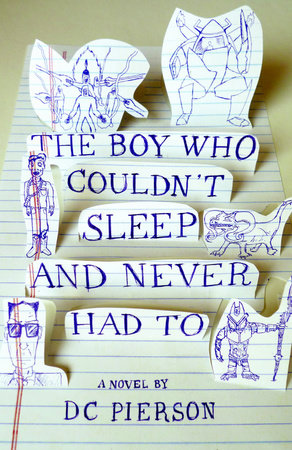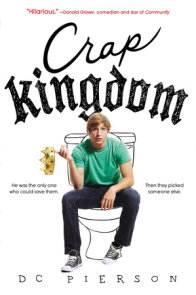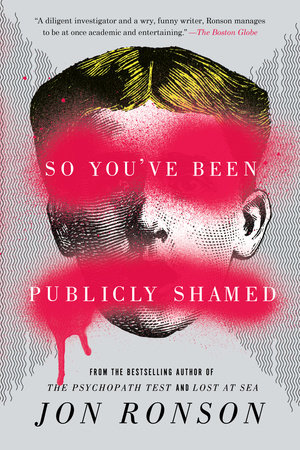Author Q&A
An Interview with DC Pierson
Q: Before you wrote The Boy Who Couldn’t Sleep and Never Had To (BWCS) you were an active blogger, comic and short story writer. Why did you decide to write a novel?
A: I had just graduated from college. I was living in Astoria, Queens, and I boarded the N train one day. My friend and fellow comedian Eliza Skinner turned out to also be on the train. In the course of conversation, she mentioned that she liked my writing, and she asked if I’d ever thought about writing a novel. I told her I had, and it was something that I’d definitely like to try my hand at one day. Eliza said something along the lines of, “A lot of people say that, and a lot of them never do it.” This was precisely the right thing to say to trigger my competitive spirit.
That day, at my temp job, I somehow got around the firewall that was supposed to prevent staffers from sending personal e-mails, and sent Eliza an e-mail telling her that she had really gotten under my skin with her “a lot of people say that” remark, and that I would write a novel if she would be my “novel sponsor” by bothering me constantly and guilt-tripping me until I actually had a finished product. She agreed. I respond best to guilt and haranguing, so this arrangement ended up working out really well.
That night, I called my temp agency and told them I could not go back to that job the next day. I called when I knew my temping rep would have already gone home for the day, because I am a coward. Then I took a nap.
Q: How long did it take you to write BWCS?
A: I started writing in the fall of 2007, and completed the first draft in the first part of 2008. I finished the second draft in the fall of 2008.
It’s shocking the degree to which you are writing a first draft, thinking “just get to the end, just get to the end, just actually have written something today so you won’t feel entirely worthless, and you can go out tonight and get drunk and make fun of bad movies with your friends with a clear conscience,” so you put in lines and moments and plot turns that at the time you find to be terrible, and when you go back and re-read them, you actually end up leaving them in. I could not tell you now what stuff I wrote in haste while squinting in pain at how bad I thought it was, and what stuff I pored over and really felt like I was consciously crafting with a firm authorial hand. It all ends up mattering less than actually producing something, by any means necessary.
Q: You seem to be able to seamlessly move between “traditional media” and “new media” can you comment on the role of tech and new technology on your process as a writer?
A: Mostly new technology is terrible for me as a writer. My laptop has my word processing program on it, and it has my novel on it, but it also has the Internet, and the Internet means e-mail, and the Internet means funny videos of cats waking up in the morning, and the Internet means pornography. I wrote a great deal of the book at the New York Public Library for this very reason. At the time, the branch I would go to didn’t have wireless. This was brilliant for productivity. I could go in and write uninterrupted, knowing that I could not check my sweet, sweet e-mail until I wrote an amount I found satisfactory and actually left the library and went some place with internet access. I went away for a couple of months, and when I returned, the library had gotten wireless. My Eden of productivity had burned to the ground. I kept going back to the library, but it wasn’t the same. I was kidding myself. I wasn’t strong enough. I admitted the demons of e-mail and funny cat videos into my workday. (I still resisted looking at pornography while at the library. I consider this a small act of heroism on my part.)
Q: Your comedy group has recently released a feature length film, Mystery Team. Can you tell us a bit about the project?
A: So my comedy group DERRICK is me and two other writer/performers, Dominic Dierkes and Donald Glover, our director/editor Dan Eckman, and our producer Meggie McFadden. We’ve been making sketch comedy videos for the Internet since 2005, and in 2008, we co-wrote and independently produced this movie Mystery Team. It went to Sundance in 2009 and has been rolling out to various theaters throughout the fall of 2009, and will be continuing to do so in early 2010, with a DVD release to follow this summer. We’ve been touring with it, promoting it in a grassroots way, and meeting kids. It’s been a thoroughly amazing experience. See it when it’s in your town!
Q: What has it been like to be simultaneously publishing your debut novel and promoting your first film?
A: Thrilling and exhausting. When DERRICK was in college, doing monthly sketch shows, it was kind of always my secret dream that someday, we could be this kind of cultural factory, like cool local music/art scenes you sometimes read about, and someone could subsist culturally on the weird things we make for fun. We’ve got a movie for you, I’ve got a book for you, you can go jogging and listen to one of Donald’s albums, you know? I like that idea. It pleases me greatly as a narcissist.
Q: How does writing comedy compare with writing a book?
A: I studied comedy at the Upright Citizens Brigade in New York, and their philosophy of comedy (in which I am a hardcore believer) is all predicated on what’s called “the game of the scene”: finding the “game” (or central idea) of a improv scene or sketch and building off of that, omitting everything else. It’s a pleasingly empirical way to approach something very subjective and nebulous. It really changed my approach to short story writing: you have your central idea, which may be as small as an assumption at the top of the story, and you build out from there, thinking, “if that central assumption is true, then what else is true?” It was super-helpful in organizing my thoughts for the novel. Start with the central assumption of a kid who can’t sleep and his friend, growing up in the real world, and build out from there.
Q: Who are your biggest inspirations?
A: Bradbury had this wonderful thing about you rip off your two or three favorite authors until that becomes your own style, and if that’s true (and I think it is for me) I’m a rip-off compilation of Chuck Palahniuk, Amy Hempel, and Junot Diaz.
I also credit the motivational themes in the music of Kanye West, the fearless weirdness of Lil’ Wayne, and everything Joe Strummer ever said, did, or coughed.
Q: If there was one book you could make everyone read, what would it be?
A: Ask The Dust by John Fante. I don’t think any book has better captured the oscillation between thinking you’re the greatest person alive and the absolute scum of the earth on a moment-to-moment basis that I pretty much always experience, and I suspect we all experience, better.
Nick Harkaway’s The Gone-Away World is such a funny, imaginative, heartbreaking, lush sci-fi book that it’s pretty much its own genre. Love that dude.
Q: There’s a definite science fiction angle to BWCS. Are you a big sci-fi reader? What pointed you in this direction for your own writing?
A: I was a huge Star Wars kid, and I was very much into classic sci-fi like Bradbury and Arthur C. Clarke. In this book, the sci-fi stuff was thematically convenient to make this big over-arching point/hang-up I have that we should try to find the adventure and dignity in our mundane everyday lives, that none of us are necessarily average and boring and therefore undeserving of fun rich rewarding lives. I also thought it was neat. It was fun to try and justify it in a real-world context. I like realism, but I like the kind of realism where it’s like, hey, a dinosaur could burst in at any point.
Q: Who do you see as your audience?
A: I’d like to write things that feel true while still being exciting, things that are funny without being too ironically detached, and hopefully aren’t a chore to read. I’d like to build an audience of people to whom that sounds appealing. People who went to high school once. People who would like to be reminded to look for the funny weird amazing adventures in their lives, and who are into reminding me to do the same, until hopefully we make a habit out of it.
Q: What are you working on next?
A: Another novel. I have fake joke titles for everything I write and this one is currently called The Long And Pudding Road.



